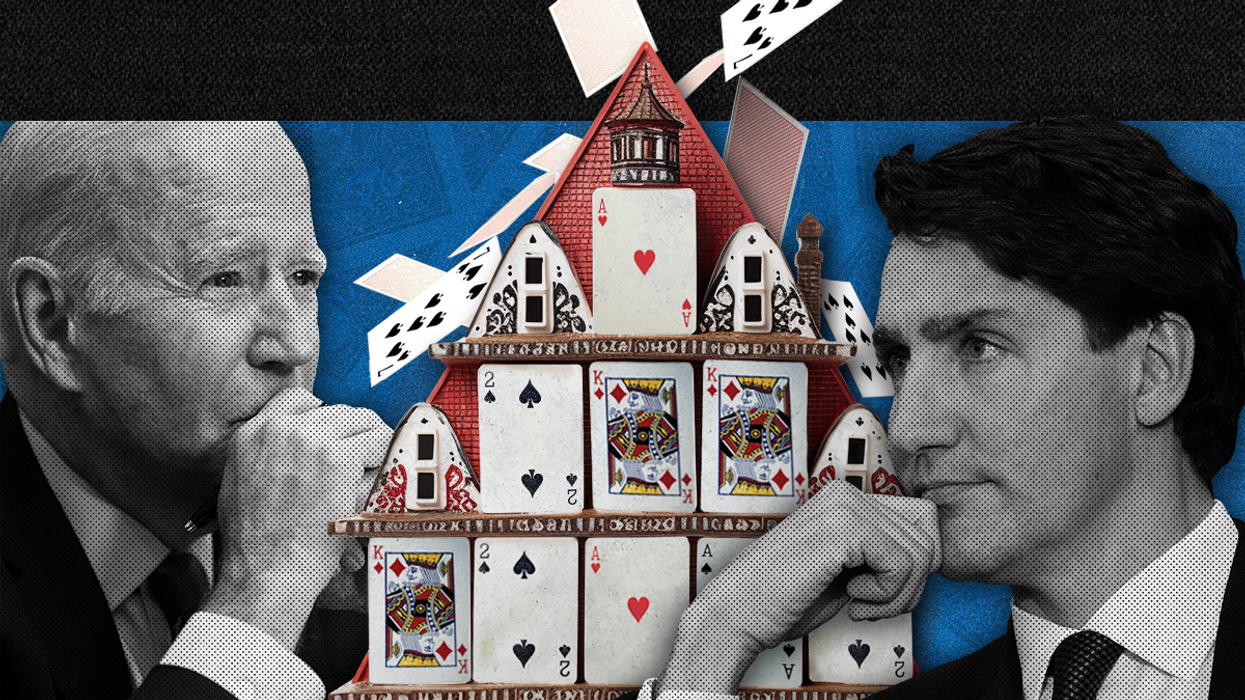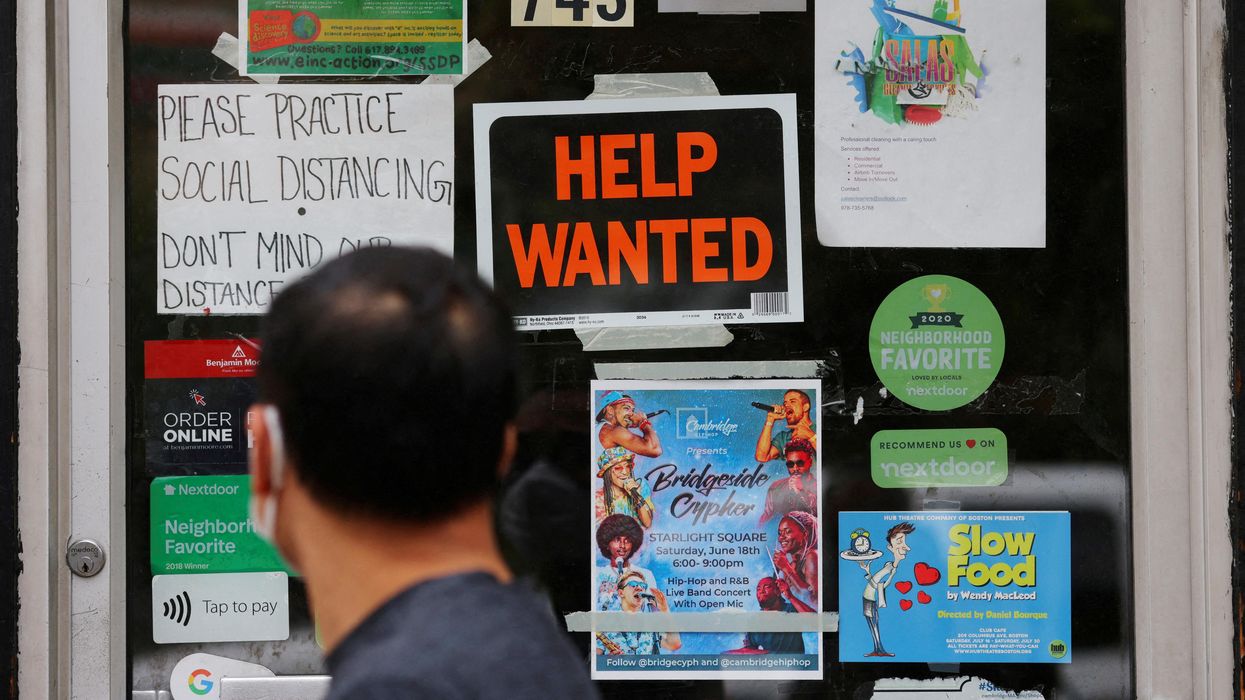GZERO North
Broken housing markets could shape US and Canadian elections
The United States and Canada share hundreds of billions in annual trade, a deep defense relationship, the world’s longest undefended land border, and an affordability crisis that threatens to upend political fortunes. At the heart of that problem is housing.
Aug 17, 2023




